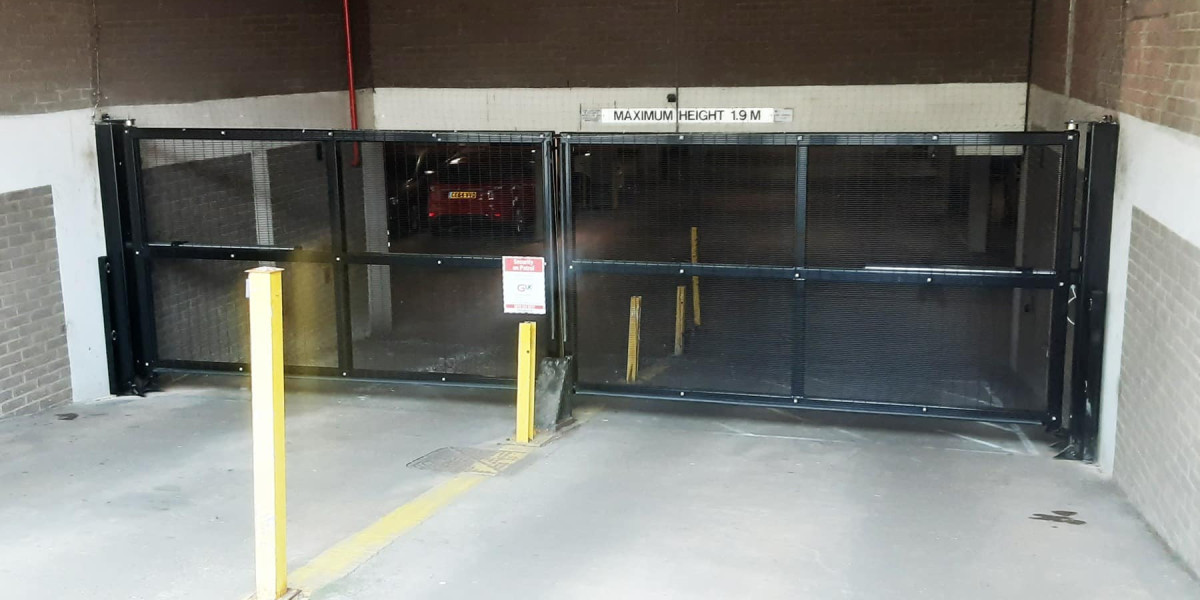Automatic gates offer convenience, security, and an added layer of sophistication to any property, but they can also be a source of unwanted noise. Whether you're a homeowner or a business owner, excessive noise from your automatic gate can be disruptive to you, your neighbors, and anyone nearby. Fortunately, there are several effective strategies for reducing the noise generated by automatic gates during operation. In this blog, we'll explore practical tips to keep your gate running smoothly and quietly, ensuring it remains a welcome feature rather than a noisy nuisance.
1. Regular Lubrication
One of the simplest and most effective ways to reduce noise from an automatic gate is through regular lubrication. Over time, the moving parts of your gate, such as hinges, rollers, and tracks, can become dry and create friction, leading to squeaking and grinding noises.
What to Use: Use a high-quality, non-sticky lubricant specifically designed for metal parts. Avoid using oil-based products that can attract dust and dirt, leading to more noise in the long run.
Where to Apply: Focus on the hinges, rollers, and tracks, ensuring even coverage. For sliding gates, don't forget to lubricate the guide track and any wheels.
Frequency: Depending on the gate's usage and environmental conditions, lubrication should be applied every few months. In areas with high humidity or frequent rain, more frequent lubrication may be necessary.
2. Tighten Loose Components
Loose bolts, screws, and other components can cause rattling and banging noises when the gate operates. Regularly inspect your gate to ensure all parts are securely fastened.
Check the Hinges: Hinges that are not tightly secured can cause the gate to shift during operation, creating noise. Tighten any loose bolts to reduce this movement.
Inspect the Track and Rollers: For sliding gates, check that the rollers are properly aligned with the track and that there are no obstructions. Misalignment can lead to grinding noises and uneven operation.
Monitor the Motor Mount: Ensure that the motor is securely mounted and that any vibration dampeners are in good condition. A loose motor can lead to excessive noise and even damage to the gate over time.
3. Upgrade to Quieter Motors
The motor is often the primary source of noise in an automatic gate system. If your gate is older or the motor is particularly noisy, upgrading to a quieter model may be the best solution.
Consider a DC Motor: Direct Current (DC) motors tend to be quieter than their Alternating Current (AC) counterparts. They also offer smoother operation and better control over the gate's movement.
Look for Motors with Noise Reduction Features: Some motors are designed with built-in noise reduction technologies, such as soft start and stop functions, which minimize the jolt that can occur when a gate begins or ends its movement.
Professional Installation: When upgrading your motor, ensure that it is installed by a professional to avoid any issues that could lead to additional noise or malfunction.
4. Install Noise Dampeners
Noise dampeners are devices or materials designed to absorb or reduce sound. These can be particularly useful in minimizing the noise produced by the gate's operation.
Rubber Pads: Placing rubber pads under the motor mount and on the gate's hinges can absorb vibrations and reduce noise.
Acoustic Barriers: If the gate is located near living spaces or areas where noise is a concern, consider installing acoustic barriers to block and absorb sound.
Gate Stop Bumpers: Installing bumpers where the gate meets the stop can reduce the noise of the gate slamming shut. These bumpers are typically made of rubber or a similar material that cushions the impact.
5. Regular Maintenance
Routine maintenance is crucial for keeping your automatic gate quiet and functional. By identifying and addressing potential issues early, you can prevent noise problems from escalating.
Professional Inspections: Schedule regular inspections with a professional gate service company, such as BGS, to ensure that your gate is in top condition. Professionals can detect issues like worn-out parts or alignment problems that may be causing noise.
Clean the Tracks and Rollers: Debris in the tracks or on the rollers can cause friction and noise. Regularly clean these components to ensure smooth operation.
Replace Worn Parts: Over time, parts like hinges, rollers, and tracks can wear out, leading to increased noise. Replace these parts as needed to maintain a quiet gate.
Conclusion
Noise from automatic gates can be a significant annoyance, but with the right approach, it's a problem that can be effectively managed. From regular lubrication to upgrading your motor and installing noise dampeners, there are several strategies to reduce the noise of your gate. By following these tips and maintaining your gate regularly, you can enjoy the benefits of a secure, automatic entry without the accompanying noise.
For those in need of professional assistance, BGS offers expert services for automatic gates in Southampton and beyond. Our team can help with everything from routine maintenance to motor upgrades, ensuring your gate operates smoothly and quietly for years to come.









